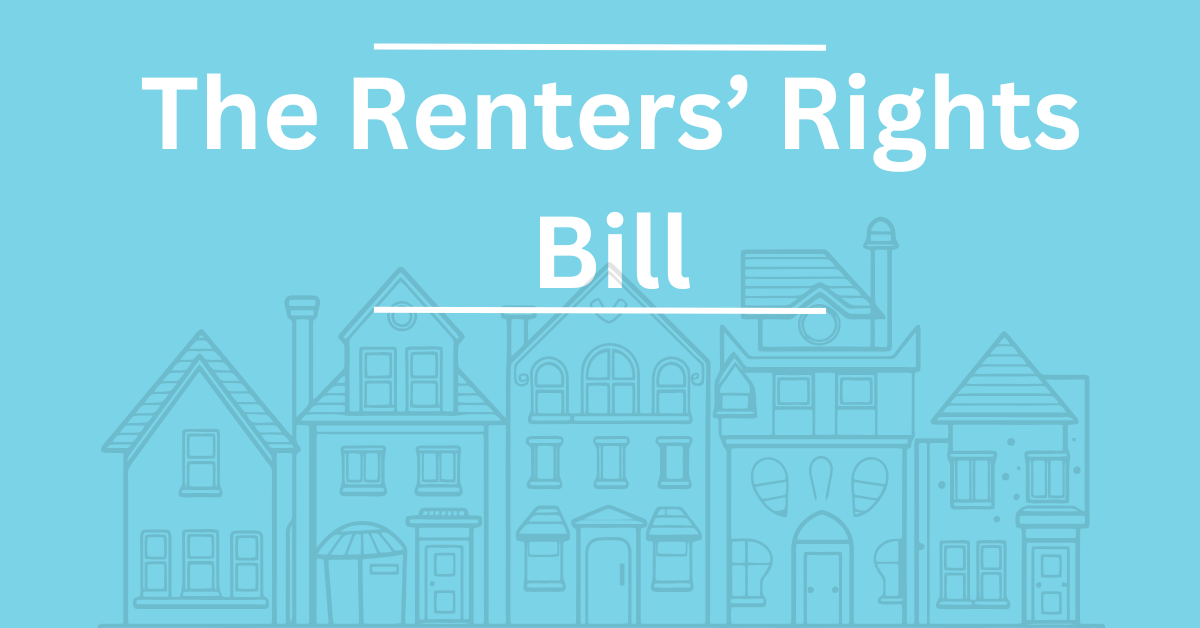The Renters’ Rights Bill is currently making its way through Parliament. Its primary goal is to give tenants more security to stay in their homes and more freedom to leave substandard properties.
The Renters’ Rights Bill is the most significant reform the private rented sector has seen since the Housing Act 1988. Introduced to Parliament on 11 September 2024, the Bill has wide-ranging implications for landlords, tenants, and letting agents.
It had its second reading in the House of Lords yesterday, and is expected to become law later this year, possibly as soon as April. This new legislation brings several significant changes that will affect the private rental sector. Here’s a quick rundown of the key points.
- Goodbye to Section 21 ‘No-Fault’ Evictions The Bill proposes ending Section 21 evictions, so landlords won’t be able to terminate tenancies without a valid reason. All existing tenancies will become periodic, meaning tenants can stay in their homes until they choose to leave, or the landlord has a legitimate reason for possession. Tenants will need to give two months’ notice to end the tenancy, while landlords must provide a valid reason for eviction.
- New Grounds for Possession With Section 21 gone, landlords will need to use revised Section 8 grounds to regain possession of their properties. The Bill introduces new grounds, including:
- Intention to Sell: If you plan to sell the property, you can seek possession.
- Landlord or Family Member Moving In: If you or a close family member want to move in, you can seek possession.
- Persistent Rent Arrears: A new ground for tenants who have been in at least two months’ rent arrears three times within the previous three years, even if the arrears have been paid off.
- Anti-Social Behaviour: The Bill aims to speed up the eviction process for tenants involved in anti-social behaviour.
- Rent Increase Regulations The Bill states that landlords can only increase rents once per year and must give at least two months’ notice before the new rent takes effect. Rent review clauses in tenancy agreements will no longer be valid. The proposed rent must align with market rates; if challenged by the tenant, the First-tier Tribunal will determine if it reflects the open market rent.
- Private Rented Sector Landlord Ombudsman A new ombudsman service will be set up to handle tenant complaints and disputes without needing court action. All landlords will need to register with this service, which aims to provide tenants with a free, impartial, and legally binding resolution to their complaints. Failure to register could lead to fines of up to £7,000.
- Private Rented Sector Database The Bill requires the creation of a database for landlords and local authorities. All landlords must register themselves and their properties on this platform. Failure to register may result in penalties up to £7,000, and properties not registered will be ineligible for possession proceedings.
- No Discrimination Allowed The Bill prohibits landlords and letting agents from discriminating against potential tenants based on whether they receive housing benefits or have children.
- Ban on Rental Bidding The practice of rental bidding will be abolished. Landlords and agents must advertise a set rental price and are prohibited from accepting offers above this rate.
- Right to Request Pets Tenants will have the right to request permission to keep a pet in rental properties. Landlords cannot unreasonably refuse this request and must respond in writing within 28 days, or within 7 days if additional information about the pet is required. Landlords can insist on pet insurance to cover any damage.
- Implementation Timeline The new tenancy system is expected to be in place by summer 2025.
What This Means for Landlords: These reforms aim to create a fairer rental market, enhancing tenant security while ensuring landlords can effectively manage their properties.


Leave a Reply